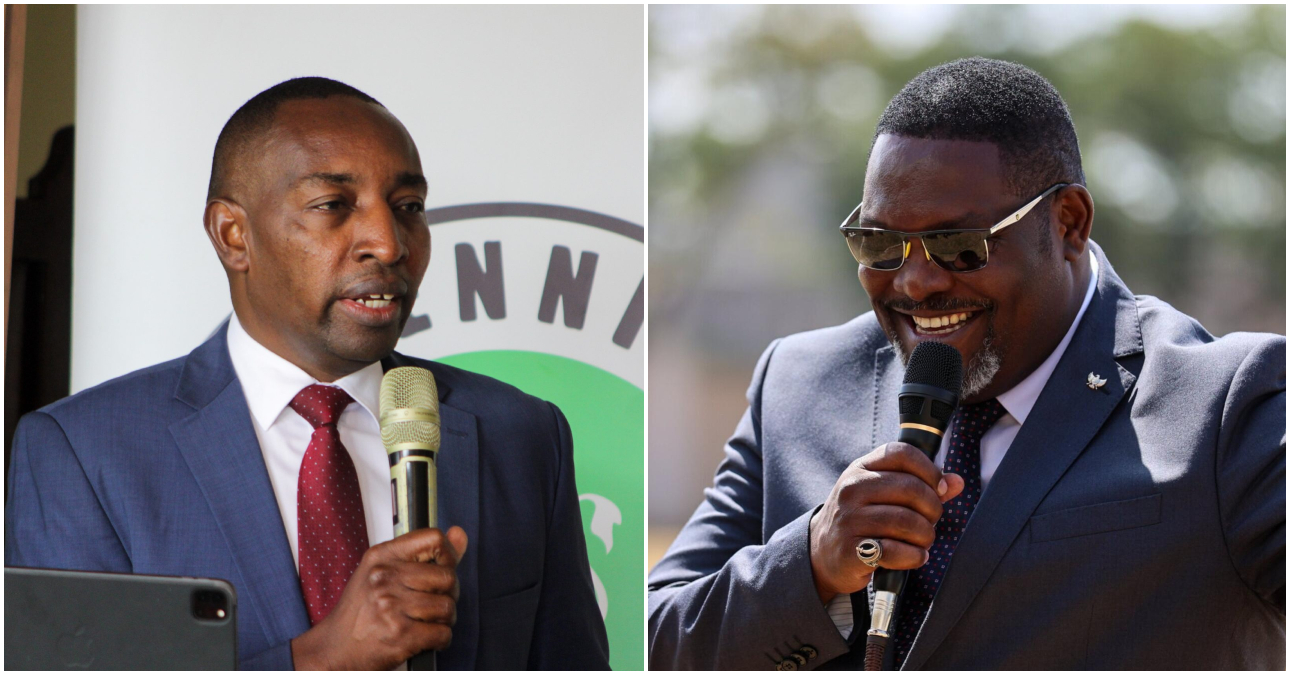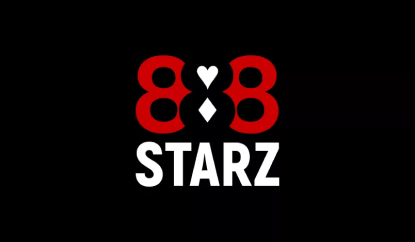The world of Kenyan sports is currently gripped by the drama enveloping the National Olympic Committee of Kenya elections. Few moments in the calendar resonate as deeply with athletes, administrators, and fans alike as these highly anticipated polls — a potential watershed for the future of sporting governance in Kenya. Yet, instead of a celebration of democracy and sportsmanship, this year’s process has become a battleground of legal disputes, postponed ballots, and heated accusations that speak to much more than a typical election cycle.
The winding road to Kenya’s Olympic elections
The storm surrounding the elections was brewing long before voting day. The Sports Dispute Tribunal (SDT) stepped in with a firm directive: the National Olympic Committee of Kenya (NOC-K) must proceed with transparent elections, initially set for June 19. The message was clear — failure to do so would result in the Ministry of Sports forming a normalization committee, a move that would cast a long shadow over Kenya’s international sporting reputation.
This SDT intervention followed the dismissal of a petition that challenged the legitimacy of the incumbent NOC-K Executive Board, whose tenure had already expired. The tribunal weighed in on whether the outgoing committee could justifiably remain in office pending the polls, balancing principles of continuity against the urgent need for new leadership and fresh ideas. The stakes could hardly be higher, with thirteen positions in NOC-K’s hierarchy open for contest, each carrying the promise — or peril — of real influence over the nation’s sporting direction.
High Court halts and deeper disputes
However, just as it seemed the process would move forward, the path was abruptly blocked by another institution. On the eve of the scheduled elections, the High Court responded to an urgent petition by four sports leaders — Joycelene Leah Nyambura, Francis Kinyili Paul, Andrew Mudibo, and the Kenya Table Tennis Association (KTTA) — suspending the polls pending a hearing. Justice Reuben Nyakundi certified their application as urgent, setting a June 23 court date for all sides to argue their case.
The petitioners targeted not just the NOC-K but also the Independent Electoral and Boundaries Commission (IEBC), its Returning Officer Muthee Gakuru, plus secretaries and officials from federations representing triathlon, handball, and more. Their move speaks to the complexity of the power struggles at the heart of Kenyan sport, where the right to vote — and who gets to cast those votes — remains fiercely contested.
Accusations and counter-accusations between camps
The legal wrangling has spilled over into public sparring between the camps of the main presidential contenders, outgoing Secretary General Francis Mutuku and outgoing First Vice President Shadrack Maluki. Mutuku, a champion of innovation and athlete-centered policies, faces off against Maluki, known for his bold reform agenda and experience as Chef de Mission for Paris 2024.
Each camp blames the other for the turmoil. Maluki’s supporters have even called for the SDT’s disbandment, citing alleged bias after the tribunal dismissed several allied cases. Mutuku’s camp alleges that their rivals are stalling for time, hoping to circumvent outcomes already shaping up against them in the delegate count. These public exchanges only amplify the sense of urgency and high stakes that surround the NOC-K elections this year.
| CASINO | BONUS | INFO | RATING | |
|---|---|---|---|---|
|
bonus
New players get 50 free spins and a Ksh 2500 freebet!
See 7 Bonuses
|
info
BK 0000665 PG 0000405 Good combination of online casino and betting platform |
|||
|
bonus
Exciting deposit bonuses and free spins await!
See 10 Bonuses
|
info
Curacao OGL/2024/507/0541 Wide Range of casino games |
|||
|
bonus
Kilibet points
See 11 Bonuses
|
info
BK 0000685 PG 0000462 No deposit welcome bonus, variety of casino games |
|||
|
bonus
Deposit KES 147 for up to KES 14,745 bonus + spins!
See 10 Bonuses
|
info
BK 0000683 Industry-leading software providers, over 30 casino games, BCLB license |
Why federation voting rights became a flashpoint
A crucial subplot in the tangled web of these elections is the issue of who gets to vote. The first attempt at elections, on April 24, fell apart when four key federations — the Kenya Volleyball Federation, Kenya Triathlon Federation, Kenya Handball Federation, and Kenya Taekwondo Federation — could not resolve a basic but vital question: would their presidents or secretaries general represent their vote at the NOC-K summit?
The IEBC, acting as the election arbiter, initially barred them from voting due to breaches of electoral rules. However, an impromptu court order on election morning reversed the ban, only for this decision to be rescinded days later amid discoveries that prior SDT rulings had not been considered. This back-and-forth sowed confusion and added to the already combustible atmosphere surrounding the elections.
Election postponement and human costs
While procedural chaos grabbed headlines, the human stories within the NOC-K have been deeply affected. As the organization wrestled with the fallout and planned a new election date, tragedy struck — NOC-K Executive Committee member and prominent sports leader Paul Otula, also chair of the Kenya Basketball Federation, passed away in early May. His loss underscored the fragility and unpredictability of life amidst institutional chaos, putting a somber note on what ought to have been a period of renewal and hope in Kenyan sports.
The wider implications for Kenyan sports
The drawn-out legal battles and administrative deadlocks are more than just bureaucratic headaches; they carry seismic consequences for the entire Kenyan sporting landscape. With the International Olympic Committee monitoring the situation and expressing concern over persistent delays, the threat of international sanctions looms large. These risks highlight just how critical a stable, legitimate leadership is — not just for headline glory but for the future of thousands of Kenyan athletes who dream of representing their nation on the world’s greatest stage.
- Successful elections are a prerequisite for attracting consistent international support and sponsorships,
- transparency in governance inspires confidence among athletes and federations alike,
- and, most critically, an athlete-centered approach creates pathways for Kenya’s next generation of sporting icons to flourish.
The future of NOC-K and the sports community’s hope
While this turbulent chapter in the governance of Kenyan sports has laid bare the challenges of reform, it also shines a light on what is at stake. The outcome of the now-suspended National Olympic Committee of Kenya elections will signal either the start of a new era based on trust, transparency, and shared vision — or a continuation of the factional battles that have too often hamstrung progress.
If history teaches us anything, it’s that such moments, however fraught, can lead to breakthroughs. The voices calling for fairness, innovation, and athlete empowerment are growing louder. The legal battles are painful but necessary if they ultimately produce a more robust, accountable NOC-K — one fit for the true spirit of the Olympic movement and worthy of the young men and women who pour their hearts onto tracks, fields, rings, and courts across Kenya.
As the future of Kenyan sport hangs in the balance, all eyes remain locked on the courts, tribunals, and, eventually, the ballot box. Whether as athletes, coaches, officials, or fans, the country waits and hopes for the dawn of leadership that truly puts sport — and its people — first.










